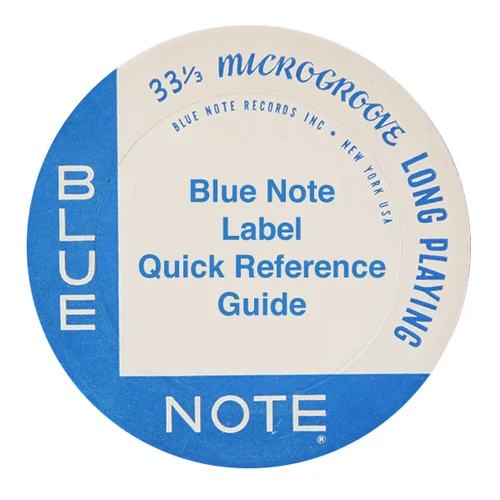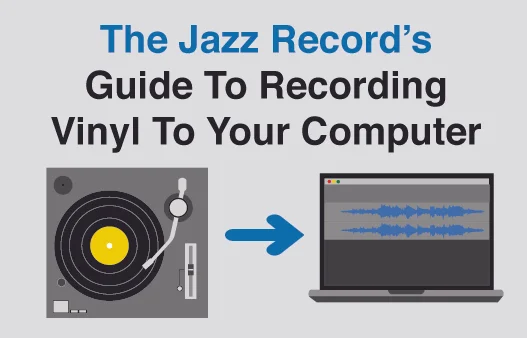Vinyl Care
They are your records and you can choose to care for them however you want, but there are a few basics that you should follow:
Outer Sleeves: This one is pretty simple - buy yourself some album sleeves. Ever find a great record and the cover is just trashed? Well, the previous owner didn't keep the cover protected with a cheap and easy solution: plastic album sleeves. They come in all kinds of variations, but I have found the 3 mil poly sleeves from Bags Unlimited work great. You can buy them direct from them here and will run you just over $20 for a pack of 100 sleeves. There are a bunch of other options out there, including thicker and thinner weights and sleeves with resealable flaps. Whatever direction you choose to go, there is no doubt that album sleeves protect your records. Just start using some and after a few years you'll see all the wear on the sleeves that has stayed away from your covers. These are a must, even if you don't do anything else to care for your records.
Inner Sleeves: There are as many options for replacement inner sleeves as there are opinions on which one is the best. You can get plastic, paper, anti static, rice paper and the list doesn't end there. I use the “Diskeeper™ Audiophile Inner Sleeves” which are a super durable combination of paper and poly sleeves, and most importantly really do work at keeping static at a minimum - a must if you live in any sort of drier climate. I get mine in packs of 50 from Sleeve City here.
Anti Static Brush: Vintage records are great, but they often come dusty, dirty or worse. The methods to clean them are many, but there are some that won't cost you an arm and a leg. The one piece of equipment I can't recommend enough is an anti-static brush. It's cheap, easy to use and uses carbon fibers to not only eliminate static electricity, but also removes dust and fine particles to clean up your LPs before you play them. There are plenty of varieties of these out there, but I like the Audioquest brushes that you can get off Amazon here.
Record Cleaning Brush: For some quick cleaning of your records, I like the Audio Technica record brush. It is a modern version of the Discwasher brush, which was basically the record cleaning device of choice from the 1970s to the 1990s. These are still available, but the new ones are poor imitations of the old models. I have found the AT model to the best alternative to the old Discwasher and a nice tool to run over your vinyl to get rid of surface dust and grime. It's not going to get deep in the grooves to remove years worth of wear, but it will work just fine for many of your records. You can grab one here.
Record Cleaning Machines: If you want a deep clean for your vintage records, you will need to step up to a vacuum Record Cleaning Machine (RCM) to get them as clean as you can possibly can, removing all that dust and grime that has been accumulating in the grooves over the decades. The two most well-known players in this area are VPI Industries and Nitty Gritty, both of which have been making high quality machines for many years. These aren't cheap though, the standouts in this category are the VPI 16.5 ($650) and the Nitty Gritty 2.5 ($1000).
I own an Okki Nokki RCM, and it is a beautiful machine - noticeably quiet even when the vacuum is in operation - with forward and reverse operation, and a very useful auto-shutoff function if the fluid reservoir gets full. It will set you back $500, but as with any RCM, if you spend your hard earned money on vintage vinyl, you will find that the investment is not just worth it, but is a necessity.
The best alternative to the expensive ones, which happened to be my first RCM, is the Record Doctor V from Audio Advisor. The big difference between this one and the more expensive models is that it is completely manual. You need to rotate the record by hand both when you apply the fluid and when you vacuum the fluid out of the grooves. The important part is that it features the same vacuum motor and cleaning strip as the more expensive machines. The Record Doctor V will run you $199 and can be bought here.
Generally speaking, you should only need to vacuum clean your records one time if you continue to keep them clean with the anti static brush or record brush above. If you do choose to go the RCM route, just grab yourself some cheap label stickers and place them on the plastic outer sleeve after you've cleaned them so you know which one's are ready to be played.
Spin Clean: There are a few other quality options to clean your LPs if you are not ready to step up to a vacuum RCM just yet. One of the most popular cheaper units is the Spin Clean Record Washer. It is pretty labor intensive (a good demonstration video can be found here), but for $80 you get the washer, fluid, brushes and clothes - basically all you need to start getting those old records ready to play. I used one for a bit, but to be honest it was just too much work for me and I didn't feel like it cleaned my records to suit my needs, but it is a great starter unit to get you into cleaning your records beyond just using a dry brush before you play. You can order one directly from Spin Clean here.
Groovy Cleaner: If none of the above options fit your needs (or budget), the simplest and cheapest way to go is the Groovy Record Cleaning Kit. It comes with a micro bristled cleaning brush, cotton cleaning cloth and a small bottle of the Groovy cleaning fluid. All of that is to be had for $21 at Bags Unlimited here. While you're at it you might want to grab an extra bottle of the cleaning fluid, since once you hear how good your records sound after you've cleaned them you are going to want to keep on and clean a lot more.
The Last Word
The most important thing to remember when it comes to collecting records is that no matter how you choose to care for them or where you get them or what kind of music you are going after, only one thing matters: just have fun. No point in going through all the time and money it takes to build a nice collection and then not be able to sit back, relax and listen to the music. That really is the whole point, no?
















